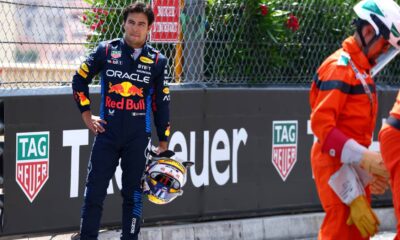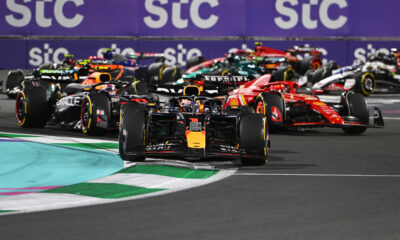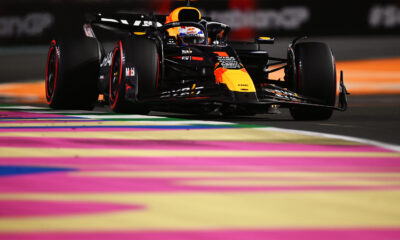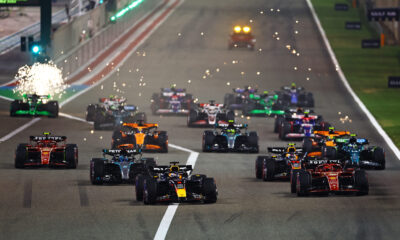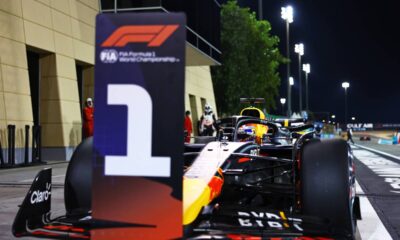Motorsport
Just a political game? Instead of acknowledging their own failures, they blame Formula 1, Horner criticises Mercedes’ behaviour
Christian Horner, as the boss of Red Bull, criticised the behaviour of Mercedes, which, he said, rather than focusing on its own failures, criticises F1 itself. He was not surprised by the FIA’s approach, quite the contrary. In his view, the rules do not need any drastic change.
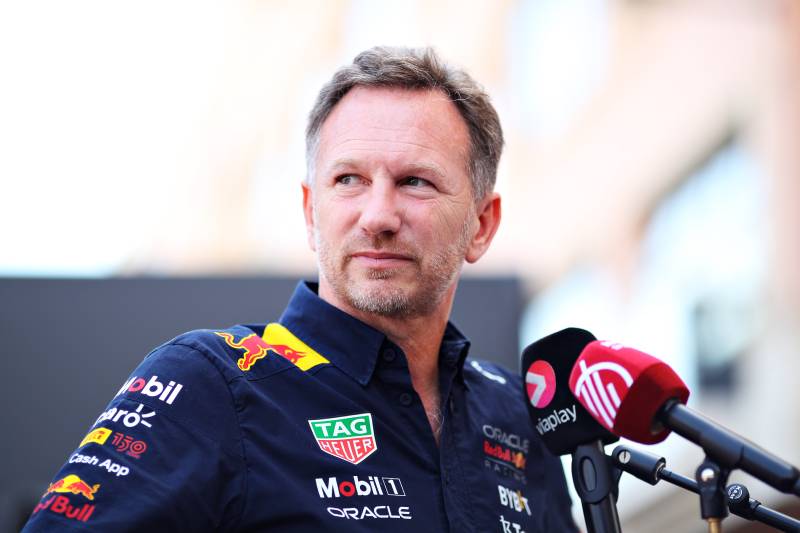
Christian Horner, as the boss of Red Bull, criticised the behaviour of Mercedes, which, he said, rather than focusing on its own failures, criticises F1 itself. He was not surprised by the FIA’s approach, quite the contrary. In his view, the rules do not need any drastic change.
The Federation Internationale de l’Automobile (FIA) issued a new directive on Saturday ahead of the Canadian Grand Prix that should resolve the problems associated with bouncing monoposts on the straights in the medium term.
In an earlier interview, Max Verstappen, for example, had already weighed in on the subject and didn’t like the FIA’s mid-season intervention in the rules, even though it won’t hurt Red Bull in any way.
And another statement was also made by the Austrian team’s boss, who was not impressed by the FIA’s decision, or perhaps the opposite. And although Red Bull and Mercedes are not fighting for the title, at least for now, it seems that the bosses of both teams are at each other’s throats again.
Mercedes boss Toto Wolff, for his part, has in recent days accused not only Horner, but also the other team bosses of playing political games around the jumping. That in itself is a very interesting act, as it was Mercedes, led by Lewis Hamilton, who complained the most about the porpoising.
In addition, the FIA is due to start talks with technical directors this week. The reason for this is to discuss the rules for next season, obviously with regard to porpoising.
However, Horner doesn’t think that Formula 1 will have to change the rules drastically, as he admitted in an interview with Motorsport.
“Formula 1 has some of the brightest racing and technical engineers in the world and in terms of form, the teams will gradually converge or even out. I doubt we’ll be sitting here next year talking about any significant time differences,” he explains.
“These cars are still relatively new and as the teams develop their cars over time, it will probably expose many of the shortcomings and offer solutions. But you can’t just change the technical regulations in the middle of the season,” he continues.
“If a car is unsafe, then a team shouldn’t build it. Or if the FIA feels that individual cars are too dangerous, it always has a black flag,” he adds.
Horner also suggested, however, that it is not the rules or Formula 1 itself that are to blame for a bad or unsafe car, but the team that built it. He therefore considers the FIA’s decision wrong and unsurprising given the way the federation operates.
Sources: F1, Motorsport

